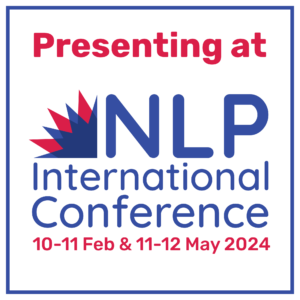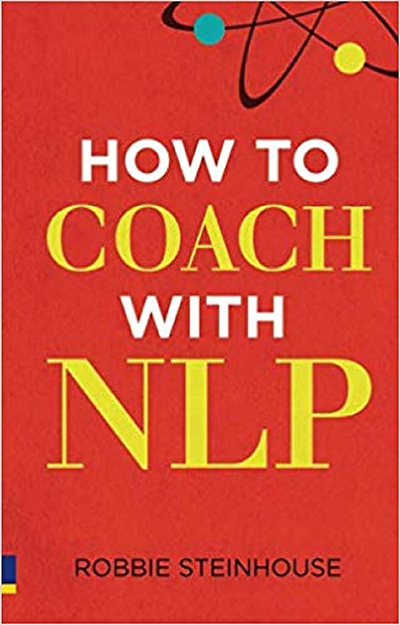NLP and Teaching
If you are in the teaching profession you already value and have developed the ability to impart information so that people learn. NLP will help you build these skills even further. Read on to hear from two teachers who've trained with us.Alison Vigurs is a head teacher at a school in London. Here are her comments.
Research has shown that one of the most challenging aspects of head teachers new to the role is that of “encounter”. Encounter with children, staff, parents, governors, local authorities, union representatives, etc. Being a new head teacher and having dabbled in NLP before I decided that this was training which could support me with encounter.
The learning cycle has enabled me to understand staff competencies and to provide suitable support. The TA model has shown me the importance of the correct use of control and to know when I am being controlled! The four pillars of NLP have helped me in my role of managing people.
I use perceptual positions in empowering children to see a disagreement from alternative points of view. Coaching has provided me with the tools to move people on in their development. The Meta Model and logical levels have enabled me to understand others’ maps of the world.
Having completed the introductory course, I now plan to deepen my understanding of NLP by undertaking the practitioner course.
Aurélie de Baudus is a teacher of communication in a business school (Espas, Lille) and also responsible for the Bachelor programme. She also teaches communication in an engineering school.
How has NLP helped you?
NLP has helped me adapt my presentations to different audiences and representation systems. I try to base my teaching on visual, auditory and kinesthetic exercises and try to take into account differing maps of the world. Before a course, I can also “choose the right state” by anchoring it.
Shelle Rose Charvet’s training on LAB Profile, is also helpful. I now know that some people can be “towards” and others “away from” focused. I also coach students on their motivation, methodology and on occasion on personal issues when needed. In that respect, NLP is also very useful for active listening since it helps to focus both on verbal and non verbal and more specifically to decode non verbal signals.
Teaching can be stressful. I used to make mountains out of molehills. NLP helps me to be more focused on “here and now” and choose my states as mentioned above. I have noticed that when under stress/pressure, my rep system is very much visual and if in such moments I can concentrate on sensations, being more kinesthetic, this has an immediate soothing effect on me.
Generally, the NLP technnique the Meta Mirror has helped me to manage stress in difficult relationships. Being able to disassociate in this case enables me to be more objective and efficient. As with maps and territories, the Meta Mirror can help to develop ‘non-judgment’ and be in other people’s shoes. I often practice meditation.
To me, NLP has been a wonderful tool kit. I still need to practice and re-read my manuals if I want to improve myself. As for any serious personal development technique, there is nothing magic about NLP: the training is 50% of the trip and it’s our own responsibility to “stay on the road” and enjoy the trip by incorporating NLP into our life. NLP has triggered many positive changes and helped me have a clearer vision of my values in life and at work and of want I want out of my work.
What did you like specially about NLP School?
I would highly recommend NLP School. I particularly appreciate Robbie’s style: professional, great sense of humour and ability to create a rhythm in his courses, very respectful and ethical. Robbie has nothing to do with being a “guru”. He pays great attention to people and definitely transmits his passion for NLP and communication in general. The content of the courses is varied and there is a very good balance between theory and practice. I also appreciated the references to other methods such as TA. The NLP School team is also very professional and efficient. I’ll be resourcing in June for the Essential Skills course and I am looking forward to it !










